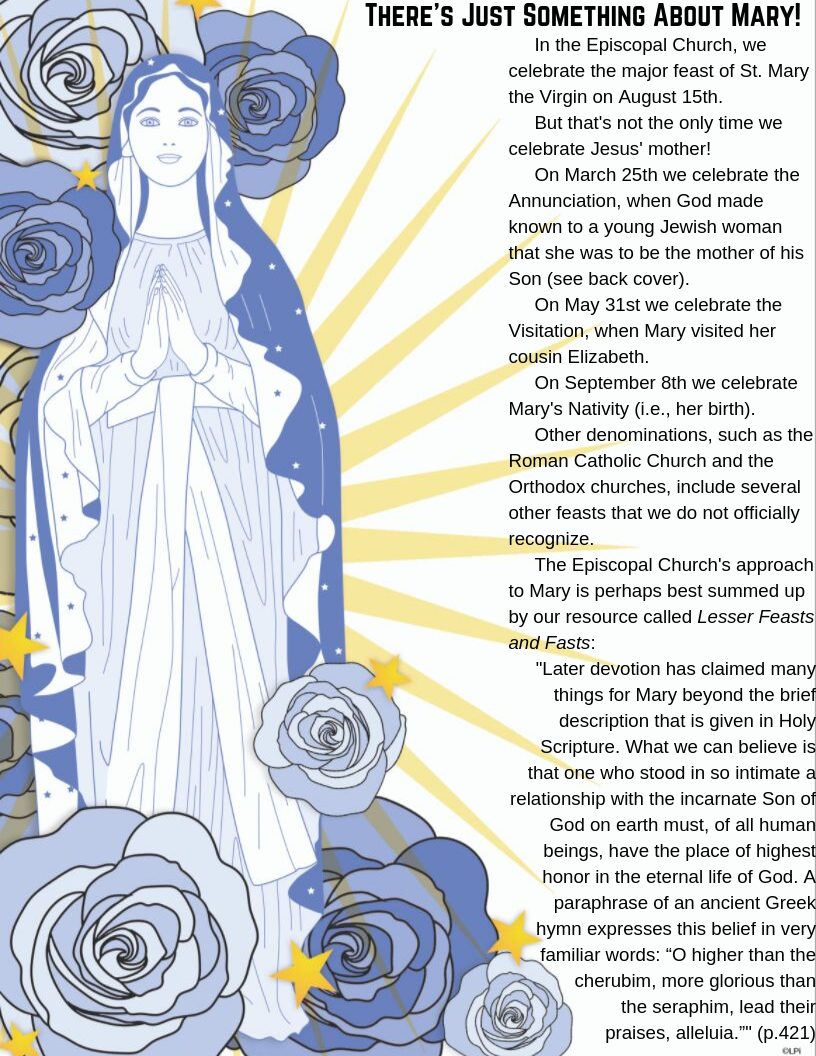- Mary Palinkos
- Aug 29, 2021
As we come to the end of August, the time has come to say goodbye to Fr. Kevin Olds. He's been serving as our Priest in Charge since September 2020 and has also been a wonderful mentor to me over the past year. On September 1, I'll become Priest in Charge of St. Paul's, and Fr. Kevin will move on to mentor another newly ordained person in the Missional Curacy program.
This past year required all of us to tackle challenges we couldn't have imagined. The realities of COVID-19 are ever-changing, so our responses had to be similarly dynamic. When Fr. Kevin and I arrived, we had never met each other in person, had never set foot in this building, had never met the wardens or vestry except on Zoom. We weren't sure what to expect!
At St. Paul's, we found faithfulness, generosity, and devotion to God. We found strong lay leadership— and an ability to find fun, even in the most challenging circumstances. We found a vibrant community that was excited to welcome new ordained leaders into the fold. We found a home.

We'll miss Fr. Kevin's many gifts: his humor, his liturgical precision, and his gentle but firm leadership. His greatest strength this year was the way he equipped me to take on more responsibilities as time rolled on. He knew we were all hoping I could become Priest in Charge this fall, and he did everything in his power to help that dream come true.
A highlight for me was the 4pm drive-in Christmas Eve service. It was snowing, so we had the altar set up inside with our FM transmitter, and everyone sat in their warm cars outside, facing the doorway. My phone hung perilously from the door hinge so others could watch on Zoom. I was still a deacon, so Fr. Kevin distributed the bread by himself in the snow. When he came back in, he and his vestments were quite wet, and we just laughed. None of it was what we'd imagined when we began our path to ordained ministry!
On a personal level, I'm grateful to Fr. Kevin for sharing his passion and for his quick responses to my million text message inquiries. His experience, reassuring demeanor, and mentorship have constituted the mast on which I hung my leadership this year, and I'm so grateful to have learned from him.
So, let's recognize this transition with a resounding and exuberant THANK YOU, FATHER KEVIN!



